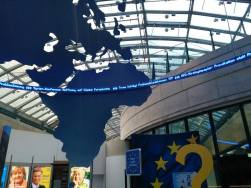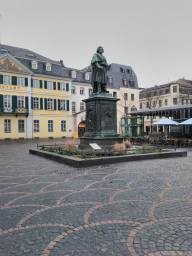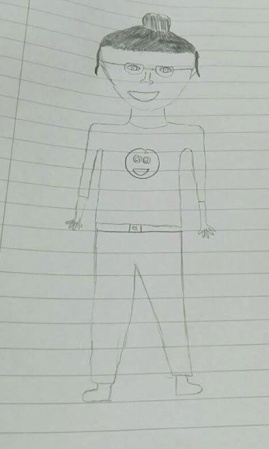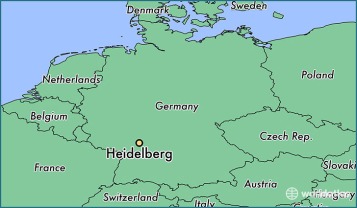Hallo Leute,
It’s difficult to process that I only have two and a half weeks left in Germany. I don’t know how I feel about it. Mixed, I suppose. Six months ago, I felt lonely upon arrival, and the absence of both Tesco’s Mature Cheddar and smiley bus drivers honestly threw me. Whilst I do look forward to being reunited with friends and family, I have the feeling that I really will be leaving something behind here in the “Pott” – the connections I have made.

I recently enjoyed another trip to the Netherlands to visit a friend – the friend with whom I went to Maastricht and Roermond during my first visit to the country. This time, I enjoyed visiting Amsterdam’s Rijksmuseum to see some of the Dutch Masters’ paintings (such as Rembrandt and Van Gogh), and had a nice surprise to be handed a free sketchbook to use to my heart’s content in the museum. We also visited Anne Frank’s house which was an emotional experience, but an important one I would recommend if you have the chance.
I did find the Amsterdam streets very chaotic, and the atmosphere overwhelming. Having to dodge all the bicycles like being in a fast-paced computer game was not my forté, needless to say. The following day we visited Nijmegen – what a contrast. The beautiful frozen ponds, banks covered in snow, and only swans and ducks in sight made it feel extremely tranquil.
Since starting as a Language Assistant at my German school in September, I have met a whole range of children – including those with learning difficulties and disabilities, and those from migration backgrounds – as well as teaching staff. I have talked with Referendaren (trainee teachers), Maths teachers(!), special needs support assistants, integration assistants, and observed Fachkonferenzen (department meetings), end of term class celebrations, and even got teachers into playing board games in the staffroom.
Outside of the school hours, I have been spending some of my free afternoons each week visiting one of the places where refugees are accommodated locally in MG. I am helping with a Homework/Language Support group, Games and Crafts workshop, and go to the Meet & Greet Integration café to get to know refugees and other volunteers. All this happens at the accommodation centre, and the experience has opened my eyes to many of the struggles faced by migrants: trauma and communication difficulties are among the most major. Many of the refugees I have met do not have a good level of German, but despite this they are very ready to learn. I have had to find new ways of communicating – like using signs and drawings – as I learn how crucial language can be in human interaction; in life. I taught one man the words for ‘family’ and ‘friends’, and he repeated the words. He tried to express that he had none in Germany. What I admired was how he kept smiling at me – he had hope for the future and a certain determination to keep learning the language. The progress made in the Language Support group is moving me, and it’s shown me what each of us could do on a local level to show compassion and solidarity in an uncertain world.

I have also got to know some very kind and like-minded international students through taking just a couple of seminars a week at Dusseldorf University. The ~30 hours of German grammar and ~60 hours of German language classes I have had is more than double the amount of input I would receive at my home university in one year! The courses have sadly now come to an end. In the past week I have taken two exams, and although they luckily don’t count at all for me (I just did them for fun 😉 ) the challenge was good for me on a personal level.

Talking to fellow students on the life-drawing course before Christmas, learning about the lives of the choir members, and being invited to meals with friends from the Dutch language course has opened up a warmth I perhaps didn’t feel upon my arrival in September.
The most valuable part of my experience in Germany from July to February has been integrating myself into German life and language, whilst seeing the process work both ways – helping to integrate others too, and giving something back, even if it’s a small piece.
I want to leave you with some photos from Amsterdam and Nijmegen – I hope I can return to the Netherlands before I leave this part of the continent.
I will also eventually tell you what I am doing in France (in just over a month’s time)!
Schönes Wochenende,
–misspraxic




